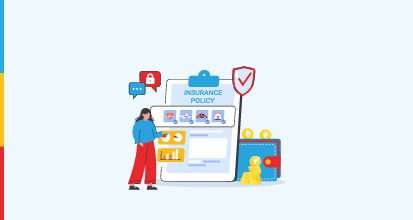Premium: The amount paid to the insurer at regular intervals to keep the life insurance policy active.
Sum assured: The guaranteed amount paid to the nominee in case of the policyholder’s demise during the policy term.
Riders: Optional add-ons to the insurance policy that provide additional benefits, like critical illness or accidental death coverage.
2025-07-18
164 Views
6 minutes read
Share











